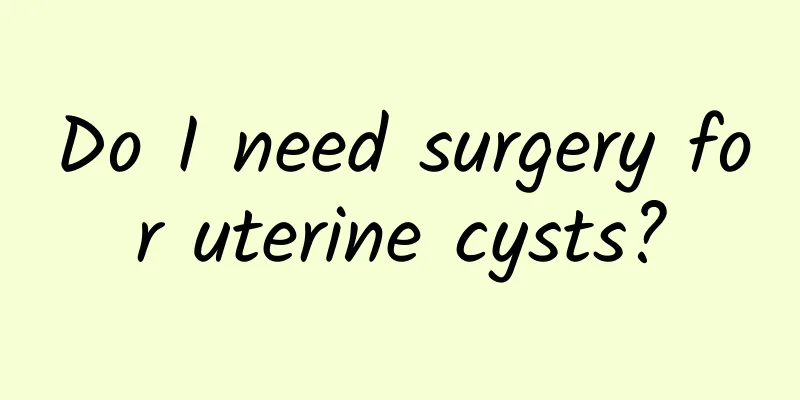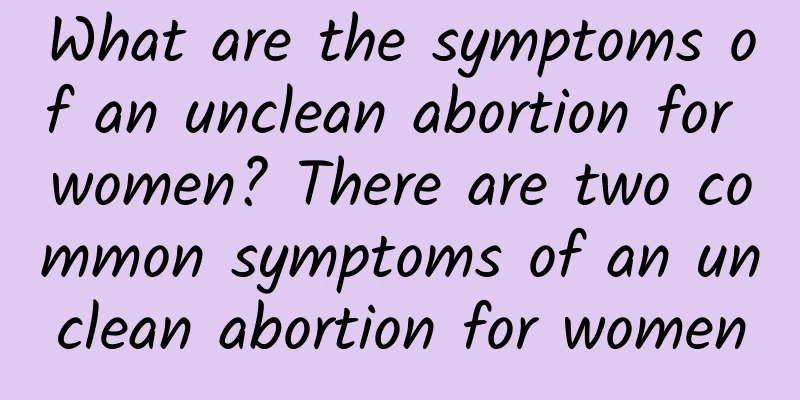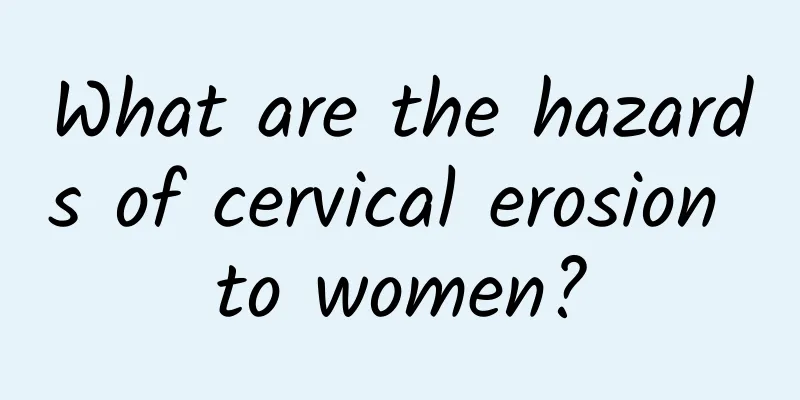Do I need surgery for uterine cysts?

|
Whether a uterine cyst requires surgery depends on the size, nature and symptoms of the cyst. For small, asymptomatic benign cysts, observation and follow-up are acceptable, but if the cyst is large, has a high risk of malignancy or causes significant discomfort, surgical removal is usually required. Next, we will analyze the specific causes and provide treatment recommendations. 1 Causes and types of uterine cysts Uterine cysts are a common type of gynecological problem, usually including uterine fibroid cysts, adenomyoma cysts or endometrial cysts. The causes of these cysts may be related to the following factors: Genetic factors: If there is a history of uterine-related diseases in the family, the probability of getting the disease may increase. Environmental influences: Long-term stress, irregular lifestyle or endocrine disorders may induce it. Physiological factors: Multiple pregnancies, fluctuations in hormone levels or increasing female age can affect the growth of the endometrium and the formation of cysts. Pathological factors: Endometriosis, chronic inflammation or infection are common pathological causes. Depending on the type of cyst, the doctor will combine ultrasound screening to further determine whether it is benign or malignant. If abnormal proliferation or enhanced blood flow signals are found, one should be alert to the possibility of malignancy. 2 Solutions for uterine cysts Treatment options need to be evaluated based on the specific condition of the cyst, including drug control, surgical treatment, and observation and follow-up. Small benign cysts: observation and medication For benign cysts with a diameter of less than 5 cm and no symptoms, immediate surgery is usually not required. Oral luteinizing hormone-releasing hormone drugs such as goserelin can be used to control the growth of the cyst. It is also recommended to have an ultrasound examination every 3-6 months. Medium-sized cysts: Minimally invasive surgery For medium-sized cysts accompanied by menstrual abnormalities, infertility or pelvic pain, minimally invasive surgery is recommended, such as laparoscopic cystectomy, which has small incisions, quick recovery, and preserves the reproductive function of the uterus. Suspected malignant cyst: Traditional laparotomy If the cyst is larger than 10 cm in diameter, or if screening reveals the possibility of malignancy, such as a history of adenocarcinoma, a complete laparotomy is usually required, followed by pathological examination and subsequent treatment. 3 Auxiliary measures in daily care In addition to professional treatment, lifestyle adjustments are also crucial: Diet: It is recommended to consume more fiber-rich foods such as green leafy vegetables and whole grains, and limit high-fat, high-hormone foods such as deep-sea fish and soy products. Exercise: Moderate aerobic exercise, such as yoga or brisk walking, can improve hormone metabolism and reduce stress response. Regular physical examinations: It is recommended to have a gynecological examination once a year and monitor the health of the uterus at all times through ultrasound or hormone level testing. The treatment of uterine cysts should be individualized, and the key is early diagnosis and early treatment. It is recommended that after clarifying the type of cyst and the degree of danger, you should strictly follow the doctor's instructions to choose the appropriate treatment method, and at the same time manage the health of the uterus with a healthy lifestyle. If there are suspected signs of malignancy, you should seek medical attention immediately. |
<<: Can premature ovarian failure eat coix seed?
>>: Is left ovarian cyst serious?
Recommend
How effective is Leihuo moxibustion in treating uterine fibroids? Can Leihuo moxibustion treat uterine fibroids?
How effective is Leihuo moxibustion in treating u...
Eating vegetarian diet to lose weight leads to less calcium and osteoporosis
Vegetarianism is very popular nowadays. In additi...
What are the dangers of abortion? Abortion will bring ten major harms to women
If you are unable or unwilling to give birth to a...
2 Dietary Recipes for Post-abortion
There are many effective treatments for patients ...
What are the main causes of ovarian cysts?
Ovarian cysts have a great impact on many patient...
Does adenomyosis increase the risk of miscarriage?
Adenomyosis does increase the chance of miscarria...
Classification of dysmenorrhea - primary dysmenorrhea and secondary dysmenorrhea
Dysmenorrhea is the thing that women are most afr...
What diseases can be complicated by uterine effusion?
Women will face many gynecological problems in th...
Introduction to health care knowledge on ectopic pregnancy prevention and treatment
The existence of ectopic pregnancy has troubled m...
What should you pay attention to after a miscarriage? The sooner you know, the sooner you will benefit
After a miscarriage, you must pay more attention ...
The most common causes of ovarian cysts
Ovarian cysts are a major disease that occurs in ...
How to treat congenital absence of vagina
Most patients with congenital absence of vagina h...
Why don't empty sacs abort on their own? What should I do if my empty sac is
Many women may experience some symptoms of physic...
What causes vulvar itching?
Vulvar pruritus is one of the diseases with a rel...
Can I get pregnant with ovarian cysts? What are the symptoms?
Can you get pregnant with an ovarian cyst? What a...









